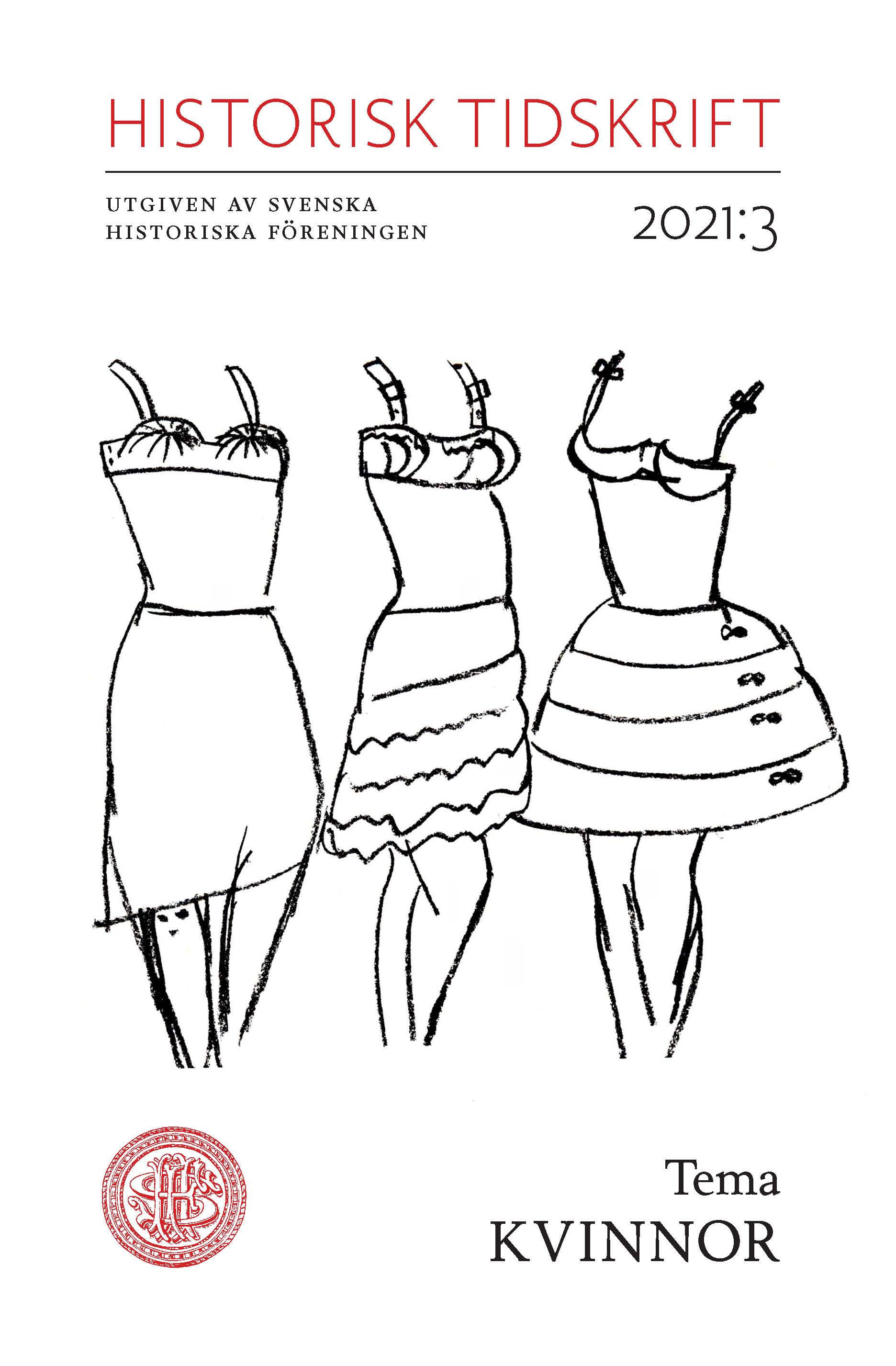Abstract
Speaking up in public to win women’s votes: The 1921 election campaign of the social democratic women’s federation
Taking the Swedish 1919/1921 constitutional reform as a starting point, this article examines how social democratic women used the enactment of universal suffrage as an argument to gain support for the social democratic women’s federation (Sveriges socialdemokratiska kvinnoförbund), which was founded in 1920 and replaced a looser network of local organizations. The article also analysises the extent to which the federation used direct (personal) and indirect (media) channels for voter communication, and how potential female voters were addressed in written campaign material.
Drawing on previous studies pointing out that both scarce economic resources and a lack of time for political work among its members were challenges for the social democratic women’s movement, the article shows that indirect channels were used in the run-up to the local elections in March 1919 due to a lack of both funding and available speakers. During 1920, in contrast, speaking tours were arranged in cooperation with local and regional organizations within the Social Democratic Labour Party (Socialdemokratiska arbetarepartiet). Contributions from the party and the Trade Union Confederation made it possible to organize more tours in the spring of 1921.
Female speakers became sought-after, since they were seen as particularly apt at addressing female voters. To illustrate this, the extensive travels of Nelly Thüring (1875–1972), who eventually became one of the first female MP:s, are examined in-depth. During the year preceding the parliamentary elections in September 1921, she held over 300 meetings. In a pamphlet published by the Federation, Thüring addressed women in general, emphasizing their new societal responsibilities in the democratic era. The four flyers published by the Federation closer to the election date instead addressed particular categories of women – mainly self-providing, unionized women or women as mothers. Epithets emphasizing a working class identity were also commonly used, in parallel with broader categorizations that can be linked to attempts to enlarge the party’s electorial base.
The article contributes knowledge about the active participation of female speakers and organizers in Swedish election campaigns. Building on previous studies about the Social Democratic Labour Party’s attitude towards women’s separate organizing, the paper highlights how fears of losing the election because of a low turnout among women created room for maneuver – and at the same time produced recurrent remarks that women’s right to vote also meant a duty to vote.

